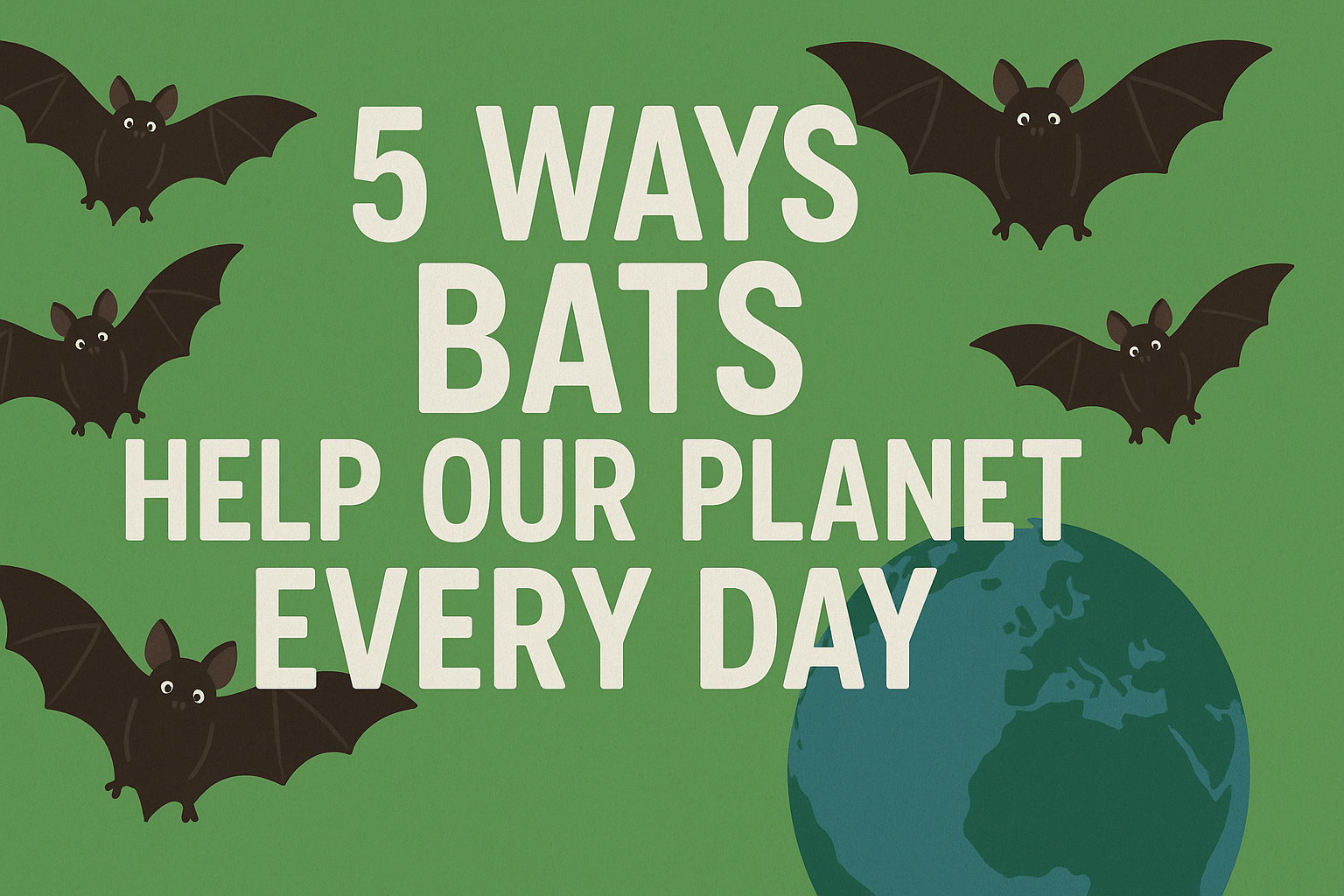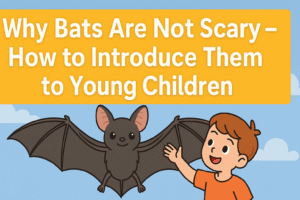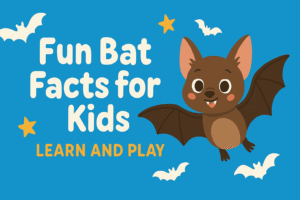Let’s get something straight right off the bat (pun fully intended):
Bats are not creepy.
They’re not flying rodents.
They’re not disease-carrying monsters from horror films.
They’re some of the hardest-working, most underappreciated heroes of the animal kingdom—and they do more for the planet every single day (or, more accurately, every single night) than most of us realize.
Ready to see bats in a whole new light?
Let’s dive into five surprising, science-backed ways bats help the planet every day—and how that affects you, me, our food, and the future.
1. They Eat Thousands of Insects (Including Mosquitoes)
Let’s start with the crowd favorite:
Bats are flying insect vacuums.
Most of the bats in North America (including all of Ohio’s native species) are insectivores, which means their nightly routine is basically an all-you-can-eat bug buffet.
One little brown bat can eat over 1,000 insects per hour.
Multiply that by millions of bats? You’re looking at billions of mosquitoes, moths, flies, and crop pests devoured every night.
This means:
- Fewer bug bites
- Less crop damage
- Less need for toxic pesticides
- Reduced risk of insect-borne diseases (like West Nile, Zika, etc.)
In short: No bats = bug apocalypse.
2. They Help Farmers Grow Your Food
Bats aren’t just saving your skin from itchy mosquito bites—they’re also helping to feed you.
In agricultural areas, bats are natural pest control. They eat bugs that would otherwise destroy crops like corn, soybeans, rice, and wheat. That saves farmers money and reduces chemical use.
In fact, studies show bats save over $3.7 billion a year in pest control services for U.S. agriculture alone.
And when you consider how much of your daily meals include things like grains, fruits, or vegetables?
Yeah—you’ve got bats to thank for that sandwich, smoothie, or Sunday-night pasta.
3. They Help Regrow Forests
Some bat species—especially in tropical climates—are fruit eaters and seed dispersers.
Here’s how it works:
- Bat eats fruit
- Bat flies far, far away
- Bat poops (with seeds inside)
- Seeds land in a new spot and grow into trees
That’s right—bats are flying gardeners.
They help replant forests, especially in areas affected by logging, agriculture, or climate damage. Some researchers even call them the “forest farmers of the night.”
No bats = fewer seeds scattered = slower reforestation = bigger climate problems.
4. They’re Powerful Pollinators
You know bees and butterflies are pollinators, but did you know some bats are, too?
In warmer regions like the American Southwest, Mexico, and tropical zones, nectar-feeding bats pollinate plants that bloom at night—ones other pollinators miss.
Some plants even rely only on bats for pollination, including:
- Agave (yes, that’s where tequila comes from)
- Bananas
- Mangoes
- Guavas
- Cacao (aka CHOCOLATE!)
So yeah, if you like margaritas, fruit salads, or chocolate bars…
Go ahead and thank a bat.
5. They Help Advance Science and Medicine
Okay, this one’s wild.
Bat biology is so unique, it’s inspiring scientists to develop life-saving treatments and new tech.
Here’s what we’ve learned (and are learning) from bats:
- Echolocation has inspired navigation tools, robotics, and sonar tech
- Bat immune systems may hold clues for fighting viruses and reducing inflammation
- Bat saliva has helped develop treatments for stroke patients
- Their longevity and resistance to certain diseases are helping us study aging and cancer
So bats aren’t just saving your garden—they might just save your life one day.
TL;DR – 5 Bat Superpowers That Help Earth Every Day:
| Superpower | Impact |
|---|---|
| Eats Insects | Fewer pests, less disease, natural pest control |
| Helps Farmers | Saves billions in crop protection, reduces pesticides |
| Replants Forests | Spreads seeds, regrows habitats, helps fight climate change |
| Pollinates Plants | Supports food like agave, bananas, cacao (CHOCOLATE!) |
| Inspires Science | Helps with tech, medicine, and immune research |
What Can You Do to Help Bats?
If you’re feeling inspired (and a little amazed), here are a few easy things you can do to support bats locally:
- Build or buy a bat house – Give them a safe place to roost
- Go pesticide-free – Help protect both bugs and the bats that eat them
- Plant night-blooming flowers – Attract moths and nighttime pollinators
- Turn off unnecessary outdoor lights – Give bats a dark sky to hunt in
- Educate your friends – Help bust the myths and spread the bat love
Final Thoughts: Bats Are Planet Protectors in Disguise
So yeah, bats might not sparkle like butterflies or hum like bees.
They don’t strut like peacocks or cuddle like kittens.
But every time the sun goes down, they rise—and start working.
Quietly. Tirelessly.
Helping the planet one wingbeat at a time.
Let’s give them the credit (and protection) they deserve.
Have a question about local bats? Want to build a backyard bat sanctuary? Drop a comment—I’ve got resources, DIY tips, and endless bat love.




